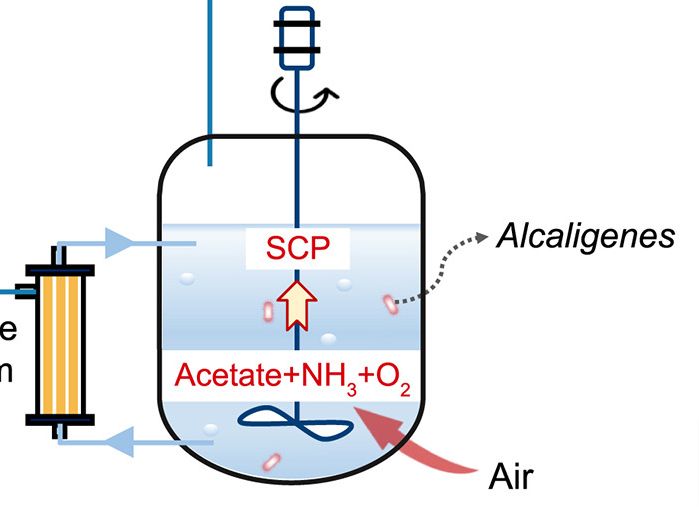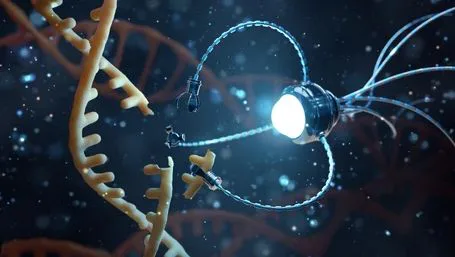
Plant evolves to protect itself, there is no random mutation at DNA level. In a collaborative effort, researchers from University of California, Davis, and the Max Planck Institute for Developmental Biology in Germany concluded that when it comes to mutations, there is no such thing as randomness. In fact, it is in a non-random way that benefits the plant, claimed Grey Monroe, an assistant professor in the UC Davis Department of Plant Sciences.
The new research questions our fundamental understanding of evolution. Every time when DNA is injured and cannot be restored, mutation happens. The resultant strand becomes the new variation.
To understand whether the mutation is the result of randomness or otherwise, researchers studied Arabidopsis thaliana, or thale cress. They spent three years determining the order of the four chemical building blocks that make up the DNA molecule of the small flowering plant. The plant also falls in the category of the “lab rat among plants”.
Assistant professor Monroe said that their observations concluded that mutations happen in a way that benefits the plant.
Plant evolves to protect itself
Specimens of the plant were grown in lab to an extent that it developed many defects. The flaws were such that the plant may not have survived in nature.
Arabidopsis thaliana plants when sequenced surfaced more than 1 million mutations. To their astonishment, the team discovered segments of the genome with low mutation rates than randomness. These segments had an over-representation of essential genes, such as those involved in cell growth and gene expression.
This means, that in a DNA sequence, the most biologically significant regions are naturally protected from mutation.
Scientists concluded that they have discovered the manner in which DNA envelope various types of proteins. Also, this is a good predictor of whether a gene would mutate or not.

Takeaway
The new study stresses on the point that plants could have evolved to protect its genes. It gives us another approach in dealing with Charles Darwin’s theory of evolution by natural selection.
Researchers envision that in the future, discoveries like these would help in protecting human genes from mutation. It will also assist breeders in enhancing better crop production.
Scientists can also use the tech for predicting diseases and developing cures for ailments such as cancer that happens because of mutation.



